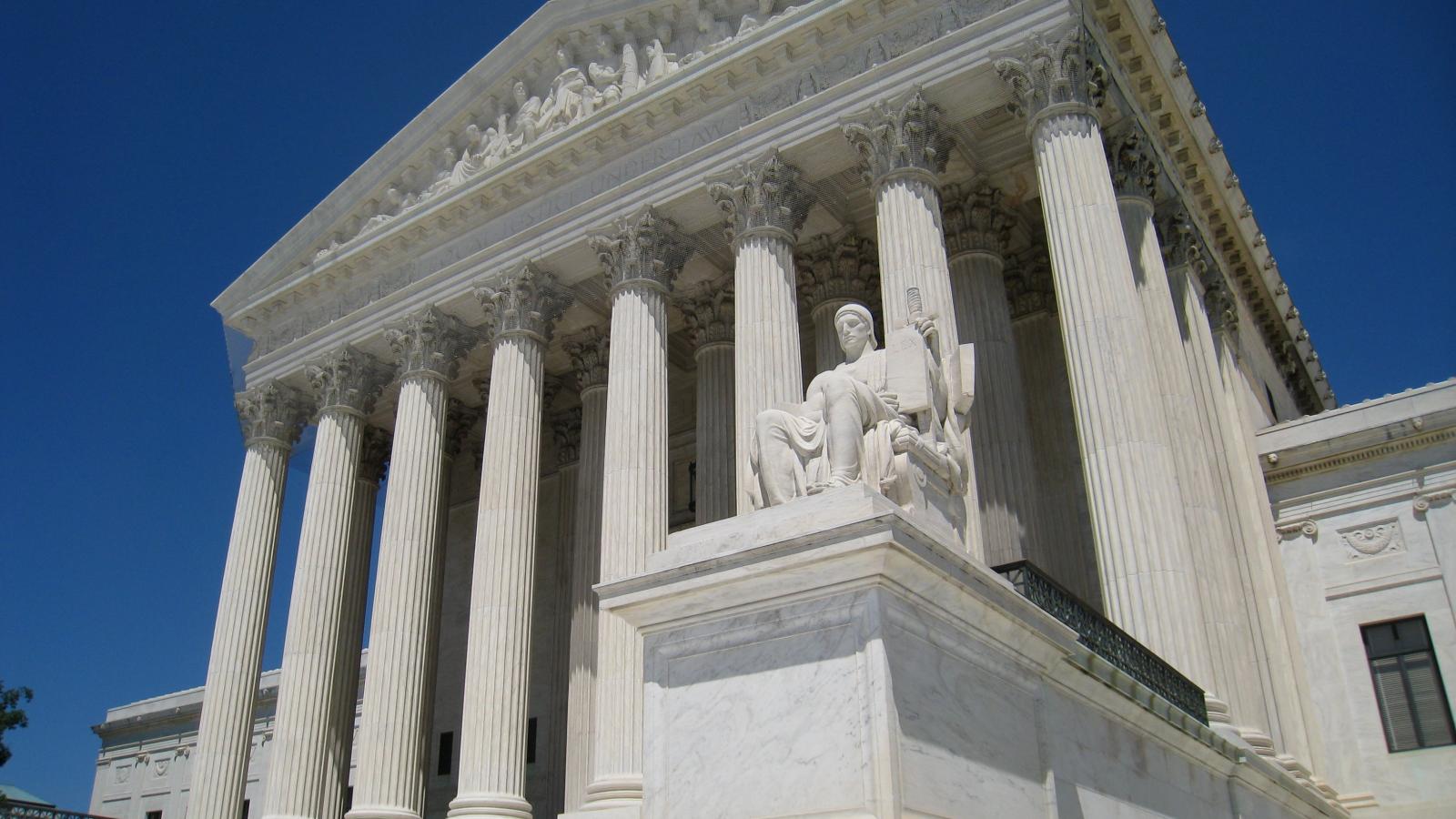What Makes the Bonding Stick? A Natural Experiment Testing the Legal Bonding Hypothesis

Securities fraud class actions are a key feature of the US regime of corporate governance. Firms from all around the world that cross-list on US markets consequently become subject to this regime. While some countries endeavor to imitate it, others prefer to shun this mode of private enforcement. We use the US Supreme Court case in Morrison v. National Australia Bank (2010) as a natural experiment to assess the role and effect of this enforcement mechanism.
Morrison overturned forty years of precedent to dramatically shrink the legal rights of investors in non-US firms that cross-list on US markets. Investors in such firms who trade their securities on non-US markets lost their right to file or join a US class action in case of fraud. By restricting such legal enforcement to securities traded in the United States, Morrison limited firms’ potential liability in class action lawsuits, which is routinely invoked as a central component of legal bonding.
Nevertheless, we find evidence of an increase or insignificant change in share values. Tests of longer-run effects of the legal event indicate that foreign firms’ disclosure quality and likelihood of facing enforcement actions remained stable, as did investors’ revealed preferences for trading on US markets. These results go against the legal bonding hypothesis but are consistent with reputational bonding and with market-based accounts of US cross-listing.
Our natural experiment focuses exclusively on cross-listed firms, but it can also be viewed as a clean laboratory in which to assess the efficacy of private enforcement in general. A US-style securities-fraud class action regime could be viewed as a regulatory burden for firms. Viewed through this lens, Morrison relieved cross-listed firms from burdensome legal exposure. These results warrant further inquiry into the merits of the prevailing US civil liability regime for US firms and the importance of public enforcement.